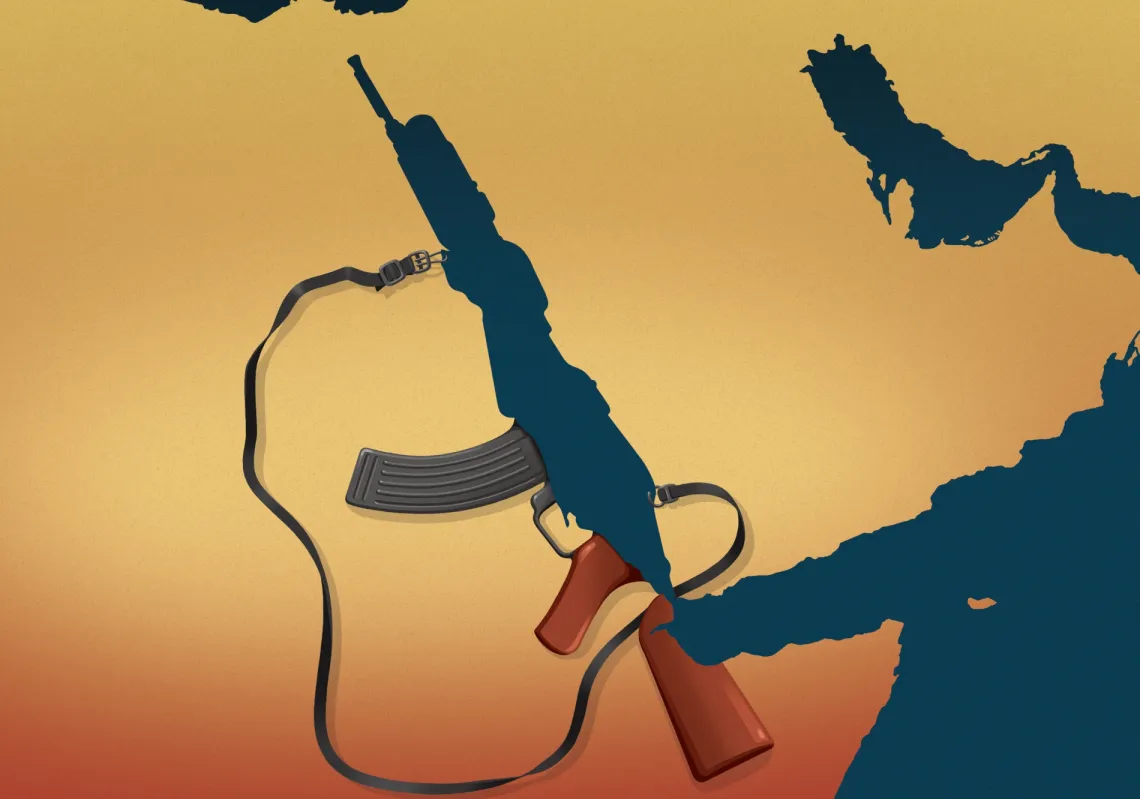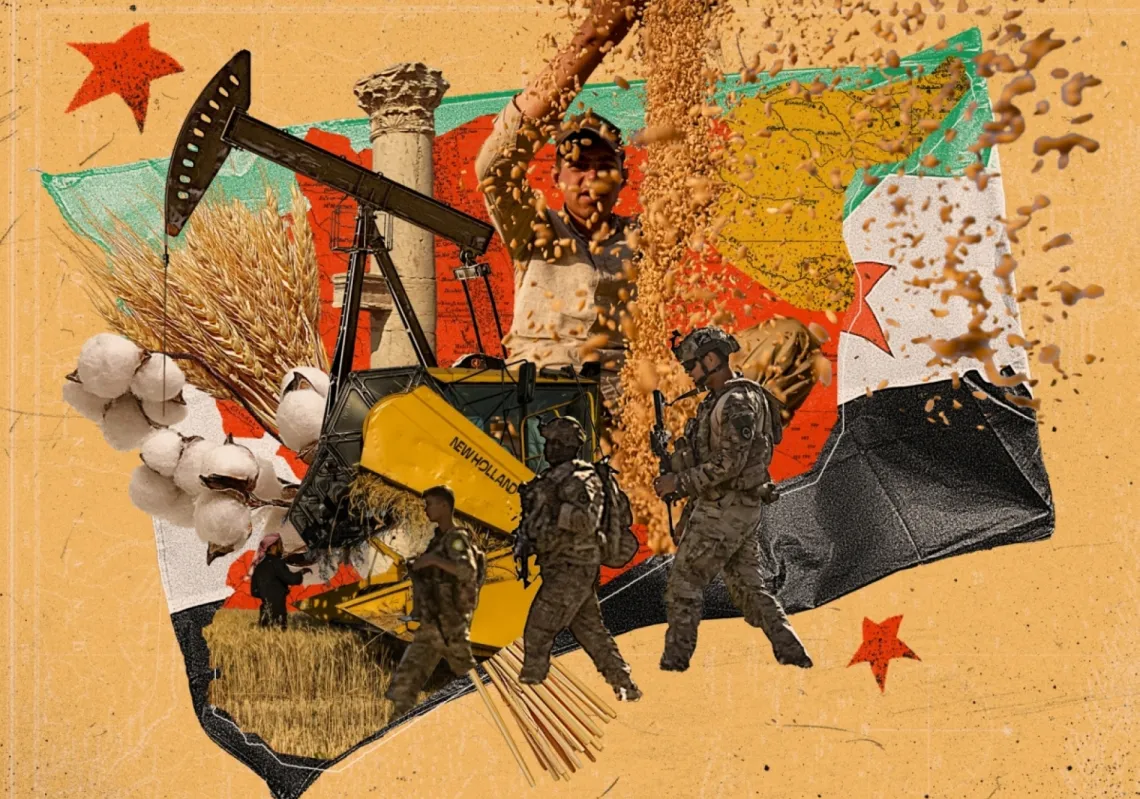Bad news is continuing to land at Boeing, as one of the best-known names in corporate America and world aviation faces a crisis that has the potential to become the biggest in the industry's history. The firm has long been respected and is the largest aircraft maker in the world, but in recent years its planes have been involved in a series of accidents. And it has been accused of falsifying inspection records in their aftermath, jeopardising its reputation for transparent conduct and undermining faith in its safety standards.
Whistleblowers involved in those allegations have also suspiciously died. It all amounts to a wider sense of unease and has created unprecedented questions over the good name of the company—founded in 1916 by William Boeing— which went on to connect the five continents of the globe for over half a century, not least via its 747 Jumbo Jet, an icon of modern times.
Now, Boeing’s main regulator in the United States, the Federal Aviation Administration, is investigating whether the company falsified records on inspections of the fuselages of several aircraft involved, which include the 787 Dreamliner, but are mainly focused on its MAX series. It follows revelations from now-deceased former employees that technical defects in the fuselages of some commercial aircraft were concealed.
Boeing's chief executive officer, Dave Calhoun, said: "Our full focus is on taking comprehensive measures to enhance manufacturing quality, including statements from the 737 employees who conduct these inspections daily." Addressing a US Senate hearing, he added: “I'm here today in the spirit of transparency to, number one, recognise the seriousness of what (happened), number two, to share everything I can. We don't put aeroplanes in the air that we don't have 100% confidence in."
However, Calhoun’s words were not enough to silence calls for his resignation. Under pressure from Congress and the media, he is leaving the company before the end of the year.

Series of accidents
The top-level departure will come after Boeing’s most senior executives were forced to defend the company’s reputation after an unprecedented series of aviation accidents dating back to 2019 when Ethiopian Airlines’ Boeing 737 MAX crashed, killing all its passengers in a tragedy that rocked the aviation industry.
Following similar accidents, Boeing was accused of negligence. The FAA mandated a thorough assessment of its aircraft, particularly the 737 MAX, which remained grounded for many months in airports in around 150 countries. Leasing of these models to airlines was also halted, as companies remained wary of them even after the end of the pandemic.
Even after the Congressional hearings, which were held in late January, several Boeing planes have experienced difficulties during takeoff and landing. The latest incident occurred in early May at Dakar Airport in Senegal. Passengers were injured when a Boeing skidded off the runway. The day before, the front wheel assembly of a Boeing cargo plane failed to deploy at Istanbul Airport.
Another serious incident took place in the US at Atlanta Airport. A wheel detached from a Delta Airlines 757 aircraft as it prepared to take off for Bogota, Colombia. A week earlier, the door plug of a 737 MAX broke off on a domestic flight between Portland Airport in Oregon and southern California’s Ontario Airport. Regulators grounded aircraft after this run of incidents, despite Boeing making a series of modifications to aircraft linked with safety deficiencies.












